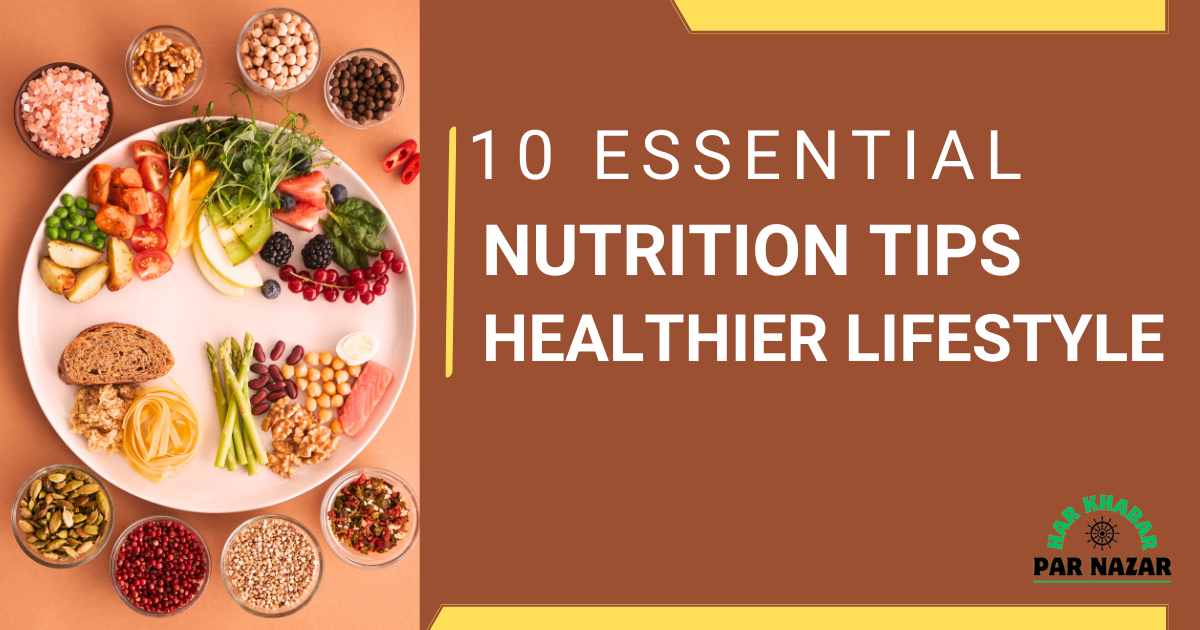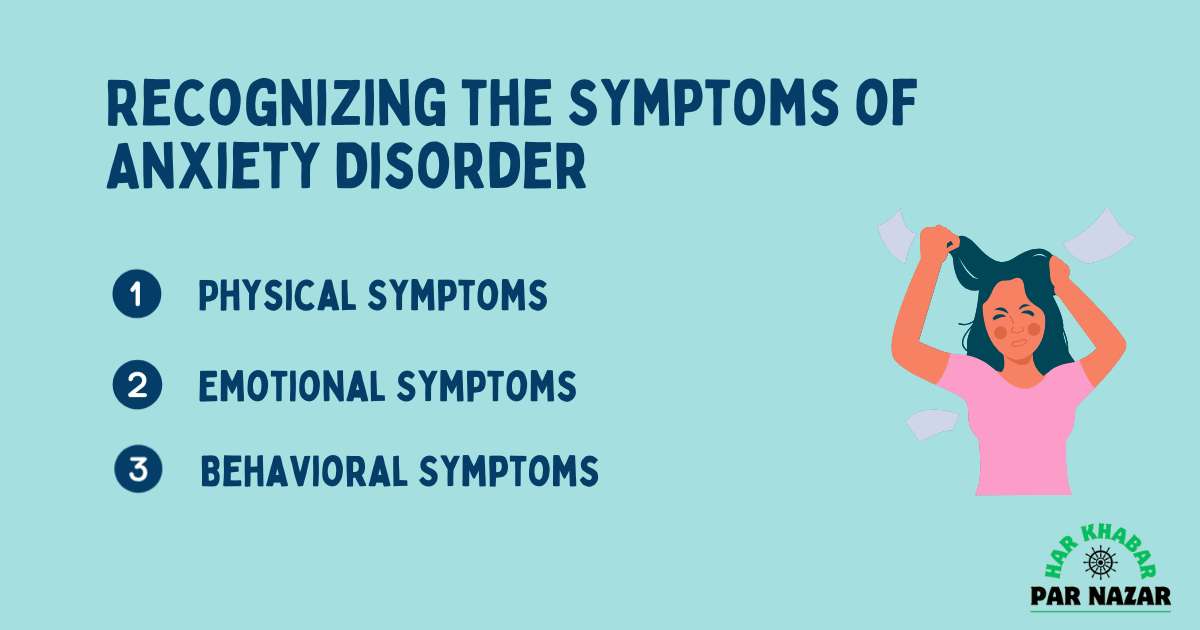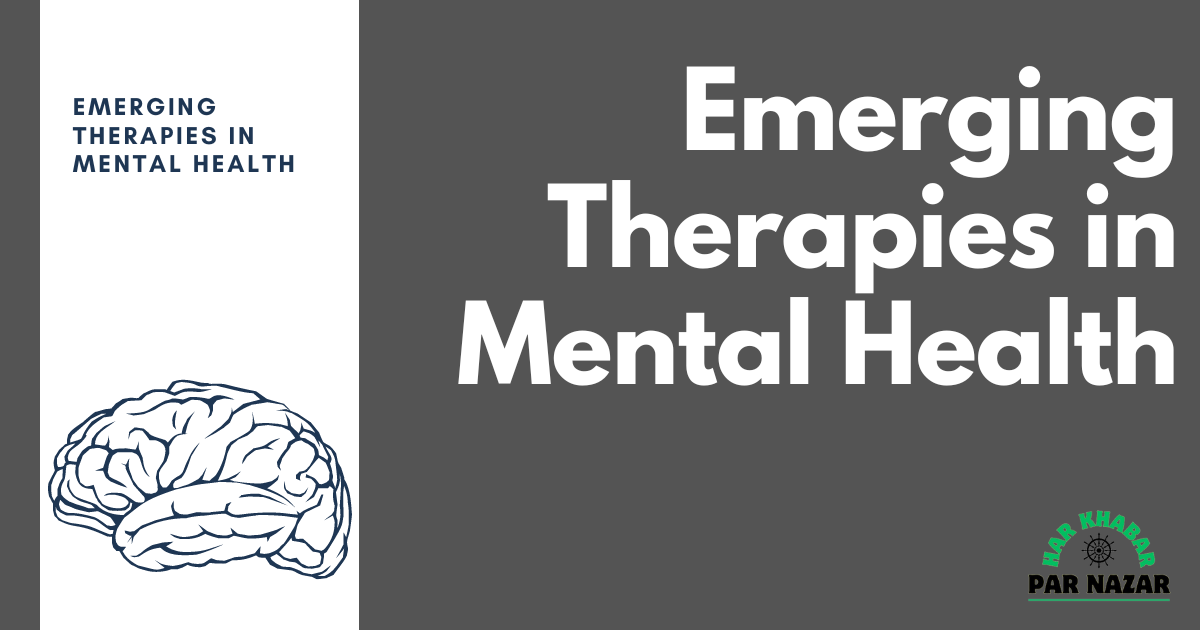
10 Essential Nutrition Tips for a Healthier Lifestyle
Maintaining a healthy lifestyle is increasingly important in today’s fast-paced world. By incorporating practical healthy eating tips into your daily routine, you can significantly enhance your overall well-being. This guide provides ten actionable nutrition advice recommendations to help you adopt a healthier lifestyle. Whether your goal is to improve energy levels, manage weight, or boost your overall health, these balanced diet tips will serve as a robust foundation.
-
Prioritize Whole Foods
Emphasize fresh fruits, vegetables, whole grains, nuts, and seeds. These minimally processed foods retain their natural nutrients and fiber, which are crucial for optimal health. Consuming a variety of whole foods ensures you receive a broad spectrum of vitamins, minerals, and antioxidants, which support various bodily functions and protect against chronic diseases.
Whole foods such as leafy greens, berries, whole grains, and nuts are rich in essential nutrients and low in unhealthy additives. By focusing on these foods, you provide your body with the necessary building blocks for maintaining health and preventing disease. Including a diverse range of colors in your fruits and vegetables helps ensure you get a variety of nutrients, each contributing to overall well-being.
-
Balance Your Macronutrients
A balanced diet involves an appropriate mix of carbohydrates, proteins, and fats.
Carbohydrates: Opt for complex carbs like quinoa, brown rice, and oats. These provide sustained energy.
Proteins: Essential for muscle repair and growth. Select lean like as chicken, fish, beans, and tofu.
Fats: Necessary for brain health and hormone production. Choose healthfully fats from avocados, nuts, and olive oil.
Balancing these macronutrients helps maintain energy levels and supports various bodily functions, contributing to overall health. Carbohydrates provide the energy needed for daily activities. Opt for whole grains and legumes, which offer sustained energy without causing rapid spikes in blood sugar. Lean proteins from sources like poultry, fish, and plant-based options like legumes and tofu should be included in your diet. Healthy fats from avocados, nuts, seeds, and olive oil support brain health and cell function.
-
Stay Hydrated
Hydration is very important for keep maintaining energy levels, cognitive function, and overall health. Aim to drink at least eight glasses (64 ounces) of water daily, though your needs may vary based on factors like activity level, climate, and individual health conditions.
Water is very important for numerous body functions, including digestion, nutrient transport, and temperature regulation. Dehydration can lead to symptoms such as fatigue, headaches, and reduced cognitive function. To maintain hydration, carry a water bottle with you and set reminders to drink water regularly, especially during physical activity or in hot climates.
-
Limit Processed Foods
Processed foods often contain big levels of sugars, unhealthy fats, and sodium, which can contribute to various health issues such as obesity, heart disease, and diabetes. Reduce your consumption of processed snacks, fast foods, and sugary beverages. Instead, focus on preparing meals at home using fresh ingredients to have better control over what you consume.
Processed foods are typically high in unhealthy ingredients like refined sugars, trans fats, and sodium. These can contribute to the development of chronic health conditions. To improve your diet, reduce your intake of packaged snacks, sugary drinks, and fast food. Home-cooked meals made from fresh, whole ingredients allow you to manage the quality and quantity of what you eat.
-
Practice Portion Control
Managing portion sizes is essential for maintaining a healthy weight. Even nutritious foods can lead to weight gain if consumed in excess. Be mindful of how much you eat, particularly with calorie-dense foods. Using smaller plates, paying attention to hunger cues, and avoiding eating straight from the package can help you regulate your caloric intake effectively.
Use smaller plates and bowls to help regulate portion sizes and avoid eating directly from large packages, which can make it difficult to track how much you’re consuming. Listen to your body's hunger signals to prevent overeating.
-
Don’t Skip Meals
Skipping meals can negatively impact your energy levels and metabolism. Eating regular meals helps stabilize blood sugar and maintain steady energy. Aim for three balanced meals a day, including healthy snacks if needed. Incorporate a mix of protein, healthy fats, and fiber in each meal to keep you satisfied and avoid overeating later.
Consistent meal patterns help regulate your metabolism and maintain stable energy levels. Skipping meals often leads to increased hunger and the potential for overeating later. Plan to have three balanced meals a day, and include nutritious snacks like fruits, nuts, or yogurt if needed to keep your energy up and hunger at bay.
-
Incorporate More Plant-Based Meals
Adding more plant-based meals to your diet can boost heart health, reduce the risk of chronic diseases, and provide essential nutrients. Experiment with vegetarian options using legumes, whole grains, and a variety of vegetables. Even incorporating one or two plant-based meals per week can make a significant difference in your overall health.
Plant-based meals are rich in essential nutrients and can help lower the risk of chronic illnesses such as heart disease and diabetes. Incorporate a variety of plant-based foods, such as legumes, whole grains, nuts, and seeds, into your diet. Even small changes, like having a meatless day once a week, can contribute to better health.
-
Focus on Micronutrients
Micronutrients, including vitamins and minerals, play crucial roles in your body’s overall functioning. Ensure a diverse diet to obtain a broad range of these nutrients. Choose rich micronutrients in leafy greens, nuts, seeds, and lean meats. Pay special attention to nutrients like vitamin D, B vitamins, calcium, and iron, which are commonly deficient.
Micronutrients such as vitamins and minerals are very important for various body functions, including immune support, bone health, and energy production. Ensure your diet includes a variety of nutrient-dense foods, such as leafy greens, nuts, seeds, and lean meats. Pay attention to commonly deficient nutrients like vitamin D, B vitamins, calcium, and iron to support overall health.
-
Read Nutrition Labels
Understanding nutrition labels helps you make informed food choices. Learning to read and interpret food labels is crucial for maintaining a healthy diet. Reading nutrition labels enables you to understand what you're consuming and make healthier choices. Pay attention to the ingredient list and nutrition facts, looking for products with minimal added sugars, unhealthy fats, and sodium. Opt for items with a short, recognizable ingredient list to ensure you're choosing healthier options.
-
Practice Mindful Eating
By savoring your meals and listening to your body’s signals, you can develop healthier eating habits and improve your overall relationship with food.
Mindful eating involves focusing on your eating experience, free from distractions like TV or smartphones. Take time to savor your meals and listen to your body’s signals to develop healthier eating habits and improve your relationship with food.
How to Implement These Tips
Adopting these nutrition tips can significantly enhance your lifestyle. Start by making small changes, such as incorporating more whole foods or staying hydrated. Over time, these adjustments will contribute to better health and well-being.
Conclusion
Following these ten essential nutrition tips can set you on the path to a healthier, more vibrant life. Emphasize whole foods, balance your macronutrients, and practice mindful eating to achieve lasting dietary improvements. Embrace each step, and you'll soon experience the benefits of a nutritious, balanced diet.



.png)